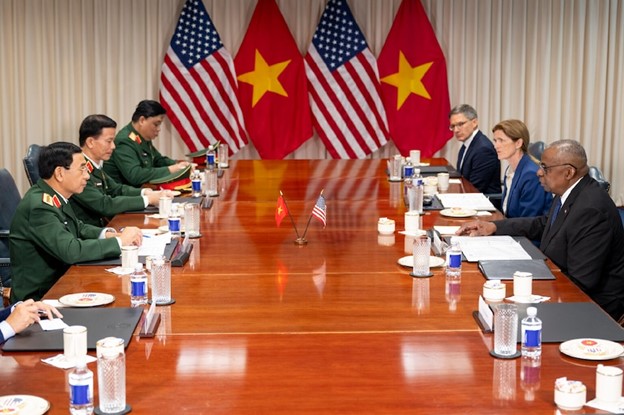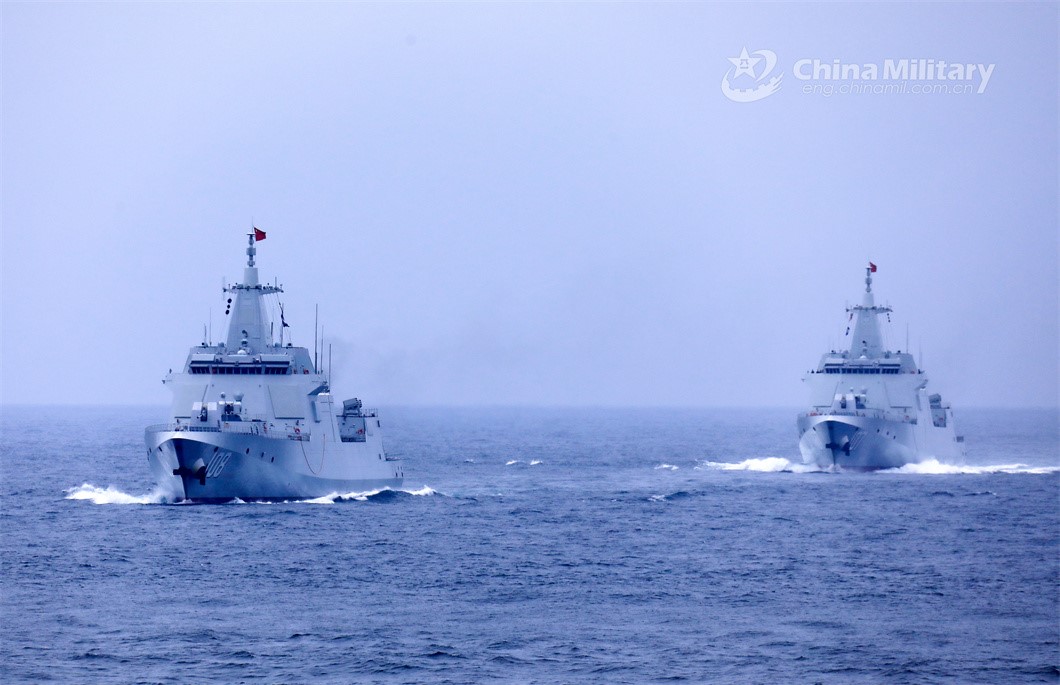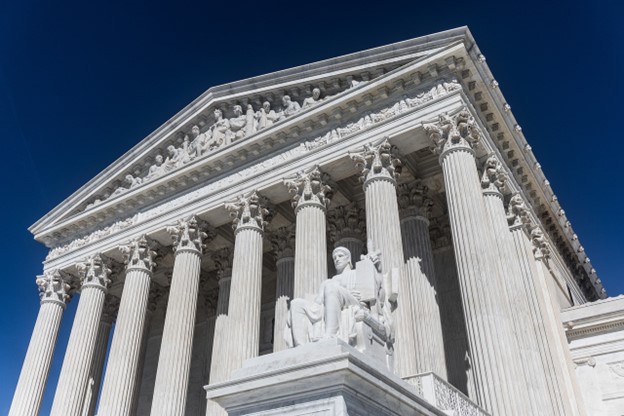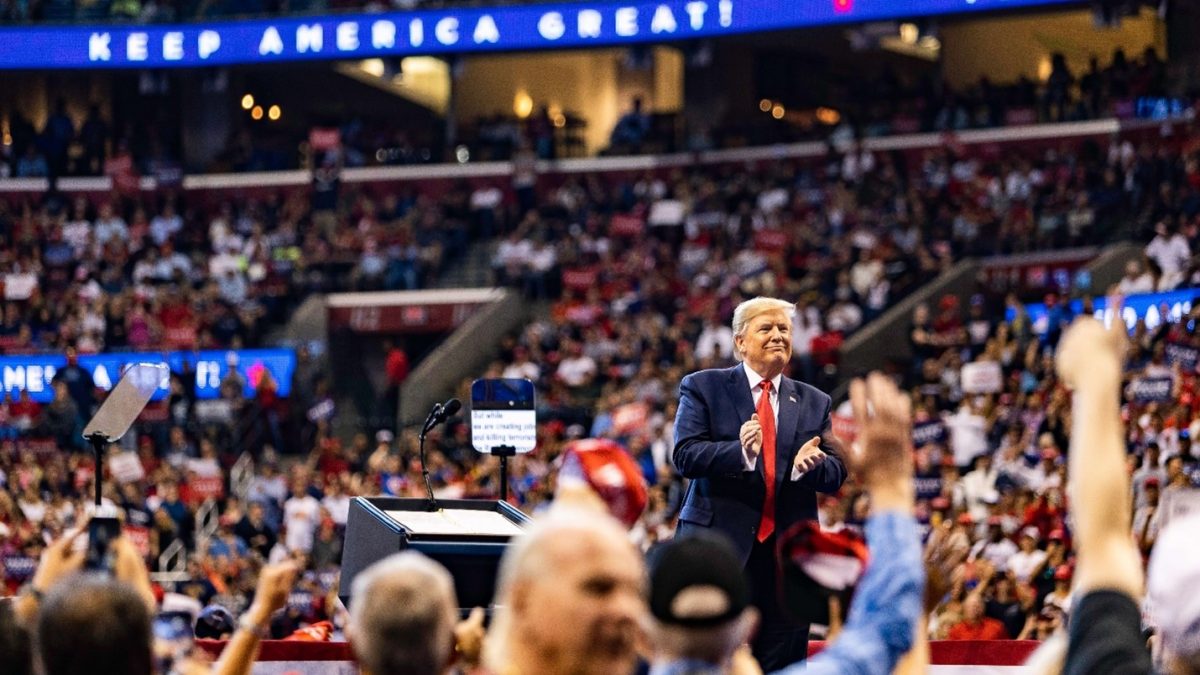It has become commonplace for the left to defame and slander those on the right. But it has also become a matter of course for conservatives to fight back. However, whether or not the right-leaning person is successful in suing the slanderer often depends on whether or not the target of the attack is a private figure, or a public one.
According to Andrew Stebbins and Christina Williams of the law firm Buckingham, Doolittle and Burroughs of Cleveland, “[t]he designation of public versus private figure for a plaintiff in a defamation claim is important because it governs the burden of proof a plaintiff has in proving the mental state of the defendant. A public figure must prove that a Defendant acted with ‘actual malice’ in publishing a false statement about the plaintiff. Actual malice means that the person either knew the statement was false or showed such reckless disregard for the truth that they should have known the statement was false. A private figure, however, only has to show that a defendant was negligent in making the false statement.”
This distinction made an important difference for the cases brought by Nicholas Sandmann, a high school student who was in Washington DC for a Pro-Life Rally in January of 2019. Sandmann was confronted by a Native-American activist, who banged a drum and chanted directly in front of Sandmann, who stood still with a smile on his face.
Much of the media immediately assumed that Sandmann, wearing a MAGA hat, was a racist. “A video that shows white high school students in Make America Great Again hats and shirts mocking a Native American elder shocked the country,” according to CNN, “leading to widespread denunciations of the teens’ behavior.”
Those denunciations of Sandmann came fast and furious. According to Robby Soave, writing for Reason, “The Detroit Free Press described the video as depicting ‘[the Native-American activist] peacefully drumming and singing, while surrounded by a hostile crowd’ and suggested that this ‘illustrates the nation’s political and racial tensions.’ The Daily Beast‘s story was filed under ‘AWFUL’ and described the video as ‘disturbing.’ Its first several paragraphs quote directly from [the activist]. NPR asserted that the boys had mocked the Native American man.”
These reactions were calm and measured compared with the torrent of abuse directed at Sandmann on social media. As described by Soave, “Reza Aslan, a scholar and television pundit on CNN, tweeted that Sandmann had a ‘punchable’ face. His CNN colleague Bakari Sellers agreed. BuzzFeed‘s Anne Petersen tweeted that Sandmann’s face reminded her of Brett Kavanaugh’s – and this wasn’t intended as a compliment. Vulture writer Erik Abriss tweeted that he wanted the kids and their parents to die. Kathy Griffin said the high schoolers ought to be doxxed. As a USA Today retrospective noted, ‘comedian Patton Oswalt called the students in the video ‘bland, frightened, forgettable kids who’ll grow up to be bland, frightened, forgotten adult wastes.’…Writer Michael Green, referring to Sandmann’sapparent smirking at the Native American man, wrote: ‘A face like that never changes. This image will define his life. No one need ever forgive him.’…Huffington Post reporter Christopher Mathias explicitly compared the students to violent segregationists.'”
In their rush to judgment, none of these media figures considered that Sandmann had done nothing wrong. The video shows him merely standing still, with a smile on his face. He does not speak; he does not threaten; Sandmann doesn’t even move. “Within 48 hours,” Soave writes, “the truth had emerged. A longer video, which showed [Sandmann’s] prior harassment at the hands of the Black Hebrew Israelites, made it clear that [Sandmann] had not directed racist invectives at [the Native-American activist].”
What these media figures also never considered is that Nicholas Sandmann was a private figure, a high school student, who could easily show that the media companies he eventually sued were negligent in making false statements about him. Many had no choice but to settle with Sandmann and his attorneys – he had them dead to rights. “CNN confirmed…that it has settled for an undisclosed amount with Nick Sandmann…smeared by multiple news outlets after a video of a ‘standoff’ between the teen and a Native-American activist went viral”, reported the National Trial Lawyers Sandmann had originally sued CNN for $275 million dollars. The Washington Post also settled with Sandmann for an undisclosed sum as did NBC.
Not all of Sandmann’s lawsuits were successful. In 2023, the Sixth Circuit denied his appeal of the 2022 dismissal of his case against “Gannett, The New York Times, Rolling Stone magazine, ABC News and CBS News…[the lower court], Circuit Judge Jane B. Stranch said…[r]eporting by the media outlets offered multiple accounts of the event and linked to some version of the video…leaving it to readers to decide what Sandmann’s intentions were during his interaction with [the activist].” But overall, Sandmann prevailed in the majority of the cases he brought because he was a private citizen, and the media had a lower standard of proof applicable to their behavior than would be used in comments involving a public figure.
In March of 2022, we discussed the case brought by former Alaska Governor Sarah Palin against The New York Times. After Republican Congressman Steve Scalise was shot by a deranged gunman, The Times published an Editorial blaming rhetoric from the right for the shooting, and specifically pointed to a political advertisement put out by Palin years before the shooting of Scalise that placed a map of the District of Democrat Congresswoman Gabrielle Giffords under crosshairs.
Palin sued, but her case was dismissed during trial by Federal District Court Judge Jed Rakoff of the Southern District of New York, who “ruled that [Palin’s] lawsuit…should be thrown out because her lawyers failed to produce adequate evidence that the newspaper knew what it wrote about her was false or acted recklessly toward indications it was false.”
Judge Rakoff applied the higher standard for public figures which was established in the seminal US Supreme Court case of New York Times Company v. Sullivan, 376 US 256 (1964). There, the Court stated that “(t)o sustain a claim of defamation or libel, the First Amendment requires that the plaintiff show that the defendant knew that a statement was false or was reckless in deciding to publish the information without investigating whether it was accurate.’ In particular, when a statement concerns a public figure, the Court held, it is not enough to show that it is false for the press to be liable for libel. Instead, ‘the target of the statement must show that it was made with knowledge of or reckless disregard for its falsity.”
Thus, a private figure like Nicholas Sandmann need only establish that the published statement was false, and that it was either negligence or reckless disregard of the truth for the news outlet to publish such a statement without a more complete investigation. For a public figure like Palin, she must show there was actual malice in the publication of the false statement – an intention to publish an untruth.
As we wrote at the time of the dismissal, “[o]bviously, The Times acted in reckless disregard of the truth. Rather than investigate whether Palin had actually targeted Giffords…and whether Palin’s actions had actually led to Giffords being shot, The Times went ahead and made the comparison in print. But when it comes to a public figure, reckless disregard is not enough. A public figure like Sarah Palin must show that the publisher knew the information they published was false, and printed it anyway. A high bar to pass, indeed.” (Emphasis in original.)
We also noted that “[t]his has been the legal standard for more than 50 years. However, Palin’s case, and the mainstream media’s treatment of former President Donald Trump has raised questions about whether or not the Times v. Sullivan standard should remain in effect.”
Perhaps the Second Circuit Court of Appeals has been listening – Palin’s case against The Times has been reinstated. In August of 2024, the appellate court stated, “[w]e conclude that the district court’s [dismissal] improperly intruded on the province of the jury by making credibility determinations, weighing evidence, and ignoring facts or inferences that a reasonable juror could plausibly have found to support Palin’s case.”
In its reversal, the Second Circuit did not indicate that the Sullivan standard should be revised or discarded. Instead, the Court pointed to evidence ignored by the District Court that supported Palin’s case. For instance, “Less than an hour after the editorial was published online, Ross Douthat, a Times columnist, emailed [a Times Editor] to express serious concerns…'[t]here was…no evidence that…[the Gifford shooter] was incited by Sarah Palin or anyone else, given his extreme mental illness and lack of any tangible connection to th[e] crosshair[s] map…the point is that the map had no link, none at at [sic] all, to Giffords’[attempted] murder. People assumed a link initially…but the investigation debunked it. I think [the Gifford shooter] was instigated by a non-answer she’d given him at a town hall about one of his theories of grammar, or his obsession with lucid dreaming, or something. His act had nothing to do with the political climate, so far as anyone can tell.”
Based on evidence like this, the Second Circuit ruled that Judge Rakoff was wrong to dismiss the case “after concluding that no reasonable jury could find actual malice by clear and convincing evidence.”
Another result which bodes well for the future involves a case brought by Donald Trump against the Pultizer Prize Committee. As reported by Carson Hollaway of The Daily Caller, “Trump is suing the Pulitzer board for a 2022 statement reaffirming the board’s earlier decision to award the prize to the New York Times and the Washington Post for their reporting on the story of the 2016 Trump campaign’s alleged ties to Russian interference in that year’s presidential election. Trump claims that the statement is legally defamatory because it implies the accuracy of the Times’s and the Post’s reporting, even though Special Counsel Robert Mueller reported that his ‘investigation did not establish that members of the Trump Campaign conspired or coordinated with the Russian government in its election interference activities.’”
Florida Circuit Court Judge Robert Pegg has denied the Pulitzer Committee’s motion to dismiss. “The statement at issue in this case was published by Defendants in July 2022 on Pulitzer.org, a website maintained by Defendants,” Judge Pegg writes. “President Trump alleges that at the time of publication Defendants knew that the ‘Awarded Articles,’ and their intended purpose – the advancement of the broader Russia Collusion Hoax, which had dominated media coverage in 2017 – were false and had been discredited by the published results of multiple federal government investigations.”
The Court stated that “Defendants argue that the Defendants’ Statement is ‘non-actionable pure opinion’ to the extent that it ‘could reasonably read to convey and endorse the alleged implication that Trump colluded with Russia.’” However,”[d]efendants cannot claim the statement is pure opinion when they withheld information from their audience that would have provided an adequate factual foundation for a common reader to decide whether to agree or disagree with Defendants’ decision to let 2018 Pulitzer Prizes in National Reporting stand, and whether the awarded reporting had in fact been discredited by facts that emerged from the Mueller Report or the other government investigations that had been made public since the conferral of those prizes.”
“In this case,” Judge Pegg concludes, “President Trump has pled that the Defendants’ Statement left readers with the false, defamatory message that the Awarded Articles, which advanced the Russia Collusion Hoax, ‘had been objectively, thoroughly, and independently reviewed for veracity twice, and that the separate conclusions of these had each accredited the accuracy of the award recipients’ reporting’…In other words, President Trump has alleged the Defendants’ Statement conveyed the false, defamatory message that he had colluded with Russia to win the 2016 election. At this stage of the litigation, President Trump has sufficiently pled defamation per se.”
Maybe the Sullivan standard should be revisited, and possibly revised. But more important, what is most needed now are courts like the Second Circuit and the Florida District Court – Courts that are willing to apply the law fairly, impartially, and with an eye toward letting juries resolve these disputes. Rather than take the decision from a jury, we need Courts willing to give Conservative public figures a shot at proving their cases.
This is the very heart of the concluding phrase of the Pledge of Allegiance – “and justice for all.”
Judge Wilson served on the bench in NYC
Illustration: Pixabay








